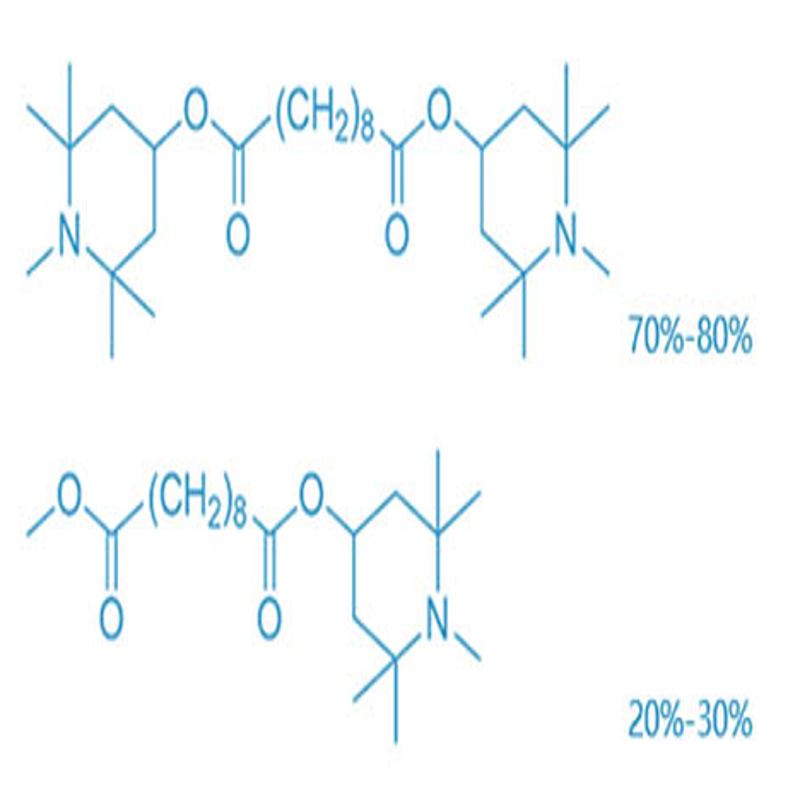-
Categories
-
Pharmaceutical Intermediates
-
Active Pharmaceutical Ingredients
-
Food Additives
- Industrial Coatings
- Agrochemicals
- Dyes and Pigments
- Surfactant
- Flavors and Fragrances
- Chemical Reagents
- Catalyst and Auxiliary
- Natural Products
- Inorganic Chemistry
-
Organic Chemistry
-
Biochemical Engineering
- Analytical Chemistry
-
Cosmetic Ingredient
- Water Treatment Chemical
-
Pharmaceutical Intermediates
Promotion
ECHEMI Mall
Wholesale
Weekly Price
Exhibition
News
-
Trade Service
Global companies purchased a record 31.
1 GW of clean energy through power purchase agreements (PPAs) in 2021, up nearly 24%
from 25.
1 GW the previous year, according to research firm Bloomberg New Energy Finance.
More than two-thirds of purchases (65%) take place in the United States
.
However, the strong growth was also supported by a surge in activity from the biggest tech companies, which together signed more than half of the deals
.
According to BNEF's 1H 2022 Enterprise Energy Market Outlook, more than 137 companies in 32 different countries and regions publicly announced clean energy contracts
in 2021.
The total number of contracts signed is equivalent to more than 10% of the new renewable energy capacity added to the world last year, indicating the impact
of corporate sustainable development commitments on clean energy construction.
Kyle Harrison, Head of Sustainability Research at BNEF, commented: "Whether corporate clean energy purchases will grow each year is no longer a question, but a question of
how much.
More companies are making new sustainability commitments, the cost of renewable energy is plummeting, and regulators around the world are slowly recognizing that clean energy may be the best path
to decarbonizing the private sector.
”
The Americas accounted for two-thirds of overall purchases, with announced PPAs of 20.
3 GW, led by the U.
S.
, at 17 GW
.
Virtual PPAs, which operate in a manner similar to financial hedging, continue to dominate the U.
S.
market with 12 GW
of trading volume.
Europe announced a record 8.
7 GW of transactions, with large volumes in Spain and Northern Europe
.
Across Asia, only 2GW of PPAs have been announced, but there are many other developments
.
South Korea, for example, introduced legislation on the corporate PPA model in October 2021, while China and Japan both saw record levels of clean energy certificate issuance
.
Tech companies are once again the biggest corporate clean energy buyers
in 2021.
Amazon was the world's largest buyer for the second year in a row, announcing 44 PPAs totaling 6.
2GW
in nine countries and regions.
This brings its total clean energy PPA capacity to 13.
9GW, making its clean energy portfolio 12th among all types of companies in the world, behind EDF
.
Microsoft and Meta are 8.
9GW and 8GW
, respectively.
Previously, Google won the corporate clean energy crown, but has turned its attention more to sourcing 24/7 carbon-free electricity
through methods other than PPAs.
Helen Dewhurst, senior partner at BNEF, commented: "The clean energy portfolios of big tech companies are now comparable to the
world's largest utilities.
Big tech companies are under increasing pressure to decarbonize from investors, which is reflected in a sharp increase in the amount of clean energy they buy
.
”
On the other hand, according to publicly available data, AES sells more clean energy to businesses than any other developer in the world, approaching 3GW.
Two-thirds of that took place in the U.
S.
, but AES's deal portfolio also expanded to Brazil, Panama and Chile
.
Engie signed over 2.
1GW of power purchase agreements
.
Other energy companies, including Orsted (1.
3GW), Vattenfall (0.
8GW) and NextEra (0.
7GW), also had a bumper year
in 2021.
These companies also sell clean energy
to businesses through mechanisms other than PPAs.
Corporate sustainability commitments remain the driving force
behind record clean energy procurement.
Some 67 companies set RE100 targets in 2021, committing to offset 100% of their electricity needs
with clean energy.
So far, 355 companies have joined the RE100 initiative
.
Together, the companies consume 363TWh of electricity per year – more than the UK's total electricity generation in the same year
, according to the latest filings.
BNEF estimates that the 355 RE100 companies will need to purchase an additional 246TWh of clean electricity in 2030 to meet their targets, which is lower than its previous forecast
.
If this gap is bridged through off-site PPAs, it will facilitate the addition of 94GW of solar and wind projects
worldwide.
Global companies purchased a record 31.
1 GW of clean energy through power purchase agreements (PPAs) in 2021, up nearly 24%
from 25.
1 GW the previous year, according to research firm Bloomberg New Energy Finance.
More than two-thirds of purchases (65%) take place in the United States
.
However, the strong growth was also supported by a surge in activity from the biggest tech companies, which together signed more than half of the deals
.
According to BNEF's 1H 2022 Enterprise Energy Market Outlook, more than 137 companies in 32 different countries and regions publicly announced clean energy contracts
in 2021.
The total number of contracts signed is equivalent to more than 10% of the new renewable energy capacity added to the world last year, indicating the impact
of corporate sustainable development commitments on clean energy construction.
Kyle Harrison, Head of Sustainability Research at BNEF, commented: "Whether corporate clean energy purchases will grow each year is no longer a question, but a question of
how much.
More companies are making new sustainability commitments, the cost of renewable energy is plummeting, and regulators around the world are slowly recognizing that clean energy may be the best path
to decarbonizing the private sector.
”
The Americas accounted for two-thirds of overall purchases, with announced PPAs of 20.
3 GW, led by the U.
S.
, at 17 GW
.
Virtual PPAs, which operate in a manner similar to financial hedging, continue to dominate the U.
S.
market with 12 GW
of trading volume.
Europe announced a record 8.
7 GW of transactions, with large volumes in Spain and Northern Europe
.
Across Asia, only 2GW of PPAs have been announced, but there are many other developments
.
South Korea, for example, introduced legislation on the corporate PPA model in October 2021, while China and Japan both saw record levels of clean energy certificate issuance
.
Tech companies are once again the biggest corporate clean energy buyers
in 2021.
Amazon was the world's largest buyer for the second year in a row, announcing 44 PPAs totaling 6.
2GW
in nine countries and regions.
This brings its total clean energy PPA capacity to 13.
9GW, making its clean energy portfolio 12th among all types of companies in the world, behind EDF
.
Microsoft and Meta are 8.
9GW and 8GW
, respectively.
Previously, Google won the corporate clean energy crown, but has turned its attention more to sourcing 24/7 carbon-free electricity
through methods other than PPAs.
Helen Dewhurst, senior partner at BNEF, commented: "The clean energy portfolios of big tech companies are now comparable to the
world's largest utilities.
Big tech companies are under increasing pressure to decarbonize from investors, which is reflected in a sharp increase in the amount of clean energy they buy
.
”
On the other hand, according to publicly available data, AES sells more clean energy to businesses than any other developer in the world, approaching 3GW.
Two-thirds of that took place in the U.
S.
, but AES's deal portfolio also expanded to Brazil, Panama and Chile
.
Engie signed over 2.
1GW of power purchase agreements
.
Other energy companies, including Orsted (1.
3GW), Vattenfall (0.
8GW) and NextEra (0.
7GW), also had a bumper year
in 2021.
These companies also sell clean energy
to businesses through mechanisms other than PPAs.
Corporate sustainability commitments remain the driving force
behind record clean energy procurement.
Some 67 companies set RE100 targets in 2021, committing to offset 100% of their electricity needs
with clean energy.
So far, 355 companies have joined the RE100 initiative
.
Together, the companies consume 363TWh of electricity per year – more than the UK's total electricity generation in the same year
, according to the latest filings.
BNEF estimates that the 355 RE100 companies will need to purchase an additional 246TWh of clean electricity in 2030 to meet their targets, which is lower than its previous forecast
.
If this gap is bridged through off-site PPAs, it will facilitate the addition of 94GW of solar and wind projects
worldwide.







